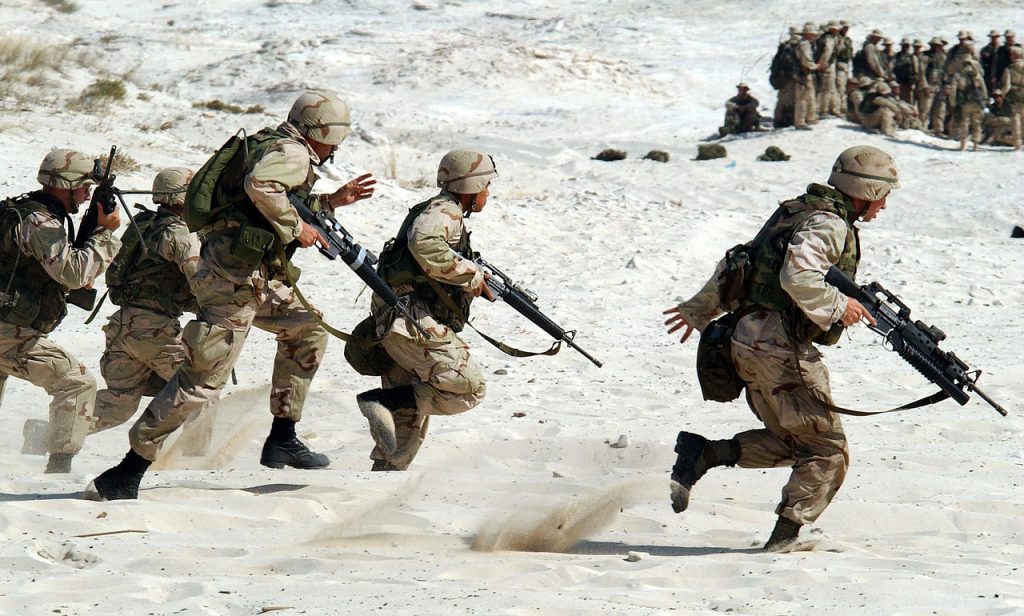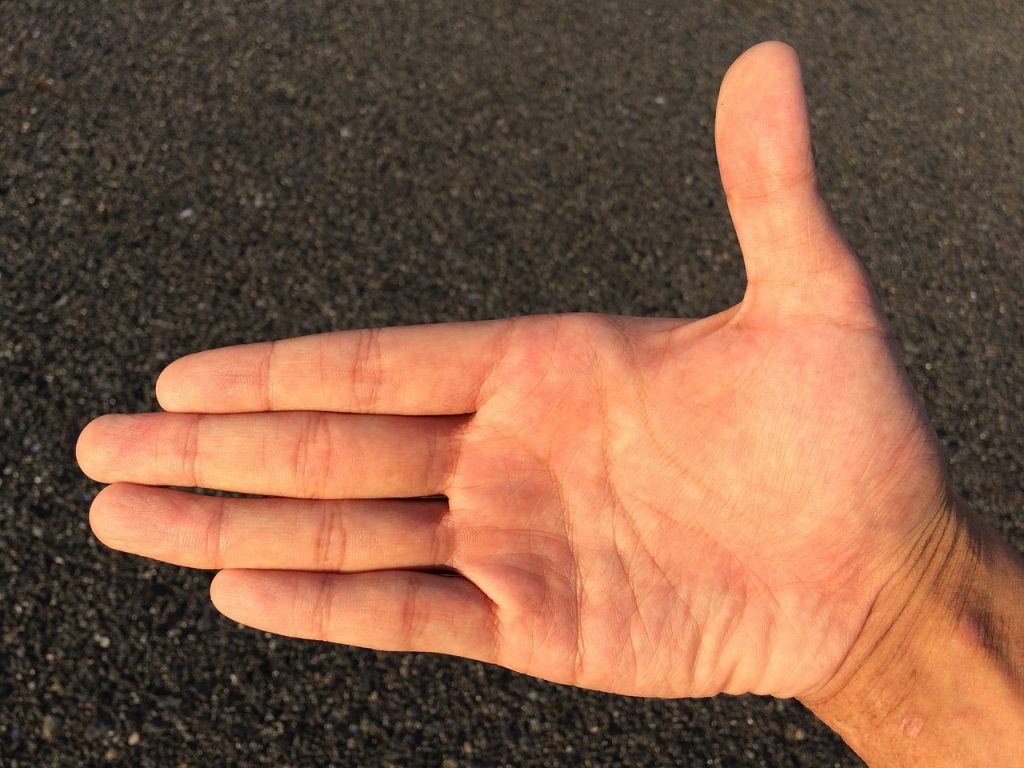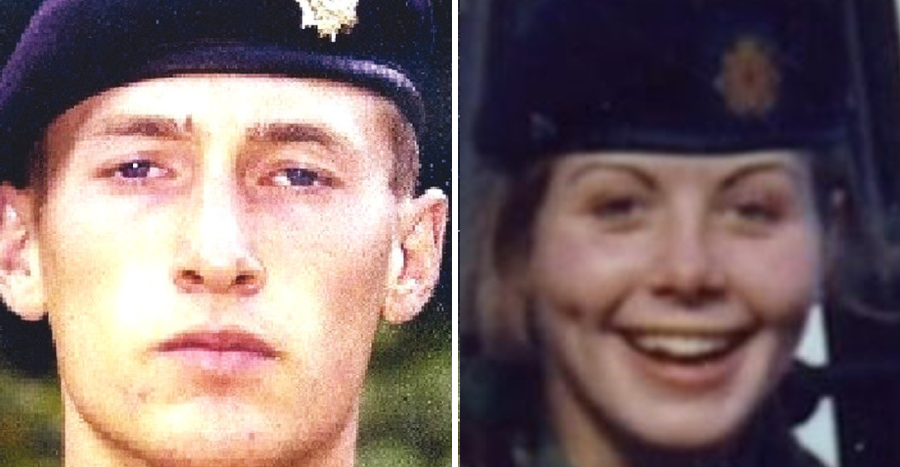The family of Pte Sean Benton, a soldier who died at Deepcut Barracks in 1995, have been granted a fresh inquest into the circumstances surrounding his death.
Deepcut Barracks

An inquest is an investigation into a death. It is conducted by a ‘coroner’, whose task it is to investigate the how, when, where and sometimes the wider circumstances of the death.
This is the second fresh inquest that has been granted into the deaths of soldiers at Deepcut Barracks. In June 2016, a coroner ruled in another inquest, into the death of Private Cheryl James, that there was a ‘toxic and horrible environment’ that contributed to the suicide of 18 year old Cheryl James.
Pte Sean Benton also died in 1995, aged 20. He was found in the barracks with five bullet wounds to his chest. An inquest was held after his death which lasted less than two hours and had other serious shortcomings. The coroner recorded a verdict of suicide.
The human rights organisation Liberty is acting on behalf of Sean’s family.
How do Human Rights help?

Article 2 of the European Convention on Human Rights is the right to life. The right to life is not just about protecting people from being unlawfully killed by the state. If someone dies through the actions of the state or when in the state’s control – including when in police stations, prisons, or hospitals – the state has to investigate these deaths properly. This is to determine the cause of death and hold those responsible to account. This duty may include holding a full, public inquest.
As the Deepcut cases show, an inquest carried out too quickly, without involving the family, not hearing all the witnesses will be inadequate for the purposes of the Human Rights Act 1998.
Read more:
- What is the right to life and why does it matter?
- Article 2: Why the right to life matters
- BBC documentary about the culture at Deepcut Barracks
- Our infographic on the right to life
Images from Pixabay.com.






